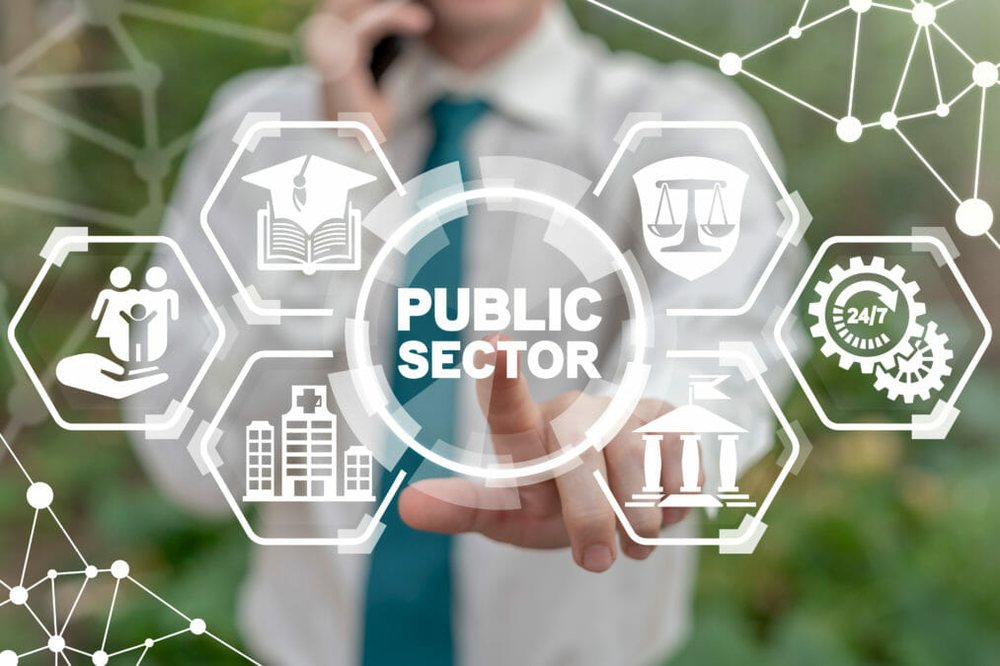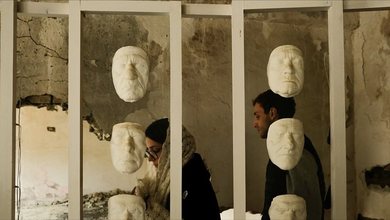
The implementation of a digital-only approach to receiving public services through the "e-Albania" portal is having consequences for the exercise of citizens' fundamental rights, jeopardizing the principle of equality before the law and effective access to public institutions - assesses the annual report of the People's Advocate.
According to the report, limiting communication between government and citizens only through the electronic platform impacts on two levels: first, on the technical ability of individuals to independently use digital technology, and second, on the legal knowledge to benefit from services.
In the absence of such skills, citizens are forced to seek help from relatives, state structures, or private operators - help that often comes at additional costs.
The report highlights that many citizens, especially in more remote areas, turn to legal aid offices, regional offices of the Ombudsman, social centers or NGOs to receive assistance in using the portal.
But these structures, which often intervene beyond legal competence, cannot replace the obligation of state institutions to provide direct assistance through "help desks".
In the absence of fully integrated systems, public servants often log into citizens' accounts with their credentials to help complete applications, a practice that, according to the Ombudsman, conflicts with the principles of personal data protection.
Although the platform has been improved with elements such as the "Virtual Assistant", the level of awareness and knowledge about its use remains low.
In many cases, public services have been informally “delegated” to notaries, lawyers or internet centers, where citizens pay for assistance with applications or legal advice. This situation, according to the report, has created a new layer of costs that fall on citizens, violating the principle of equal access to public services.
The Ombudsman underlines that assistance to citizens must be provided by the public institutions themselves that administer the service and that providing assistance through other actors, including NGOs or private entities, cannot replace the state's responsibility for guaranteeing fundamental rights.
In conclusion, the report emphasizes that digitalization is a necessary direction, but online-only access, without sufficient physical assistance mechanisms and without social inclusion, risks excluding entire categories of citizens from the constitutional right to access public services. /Monitor/






















